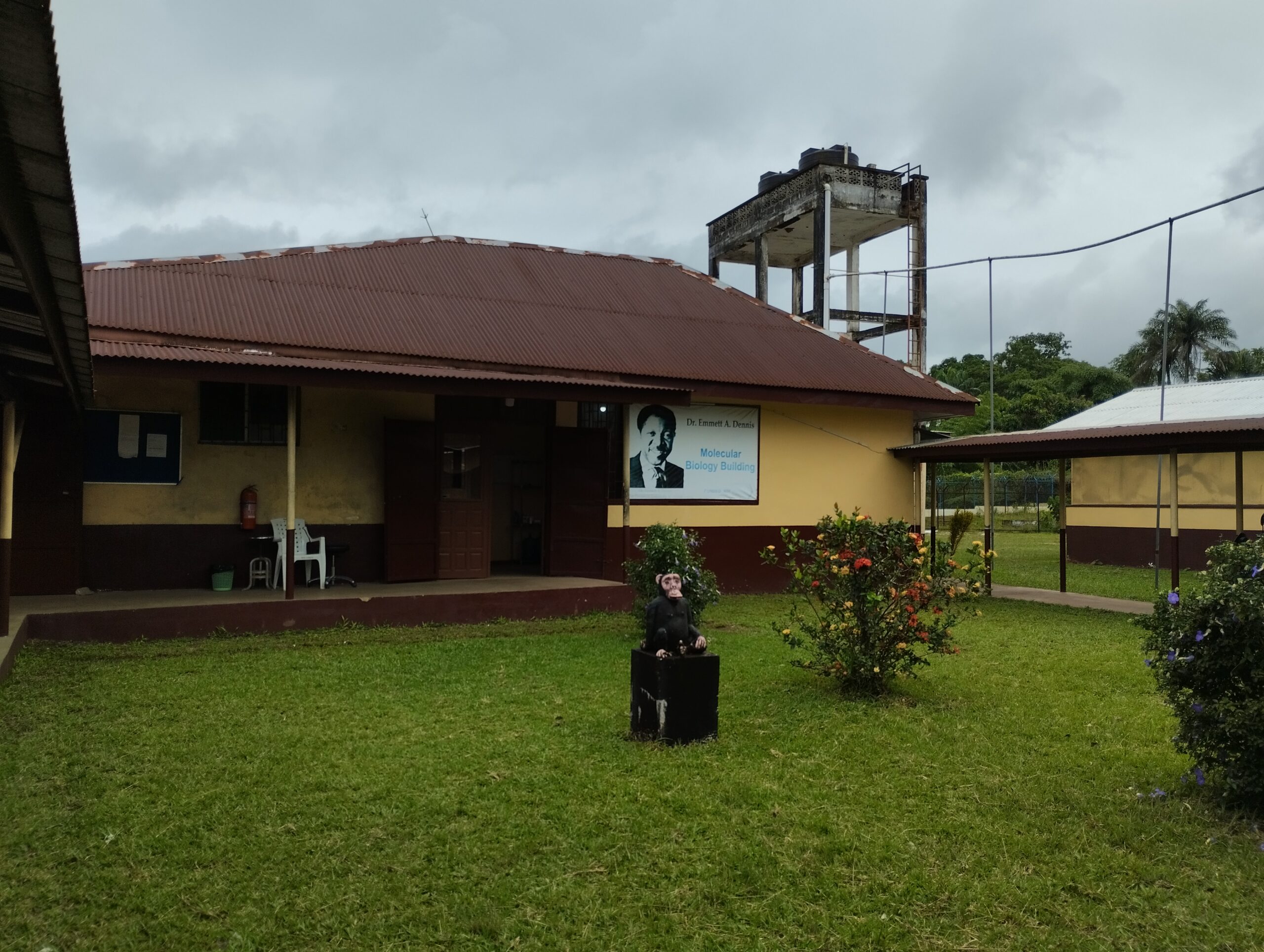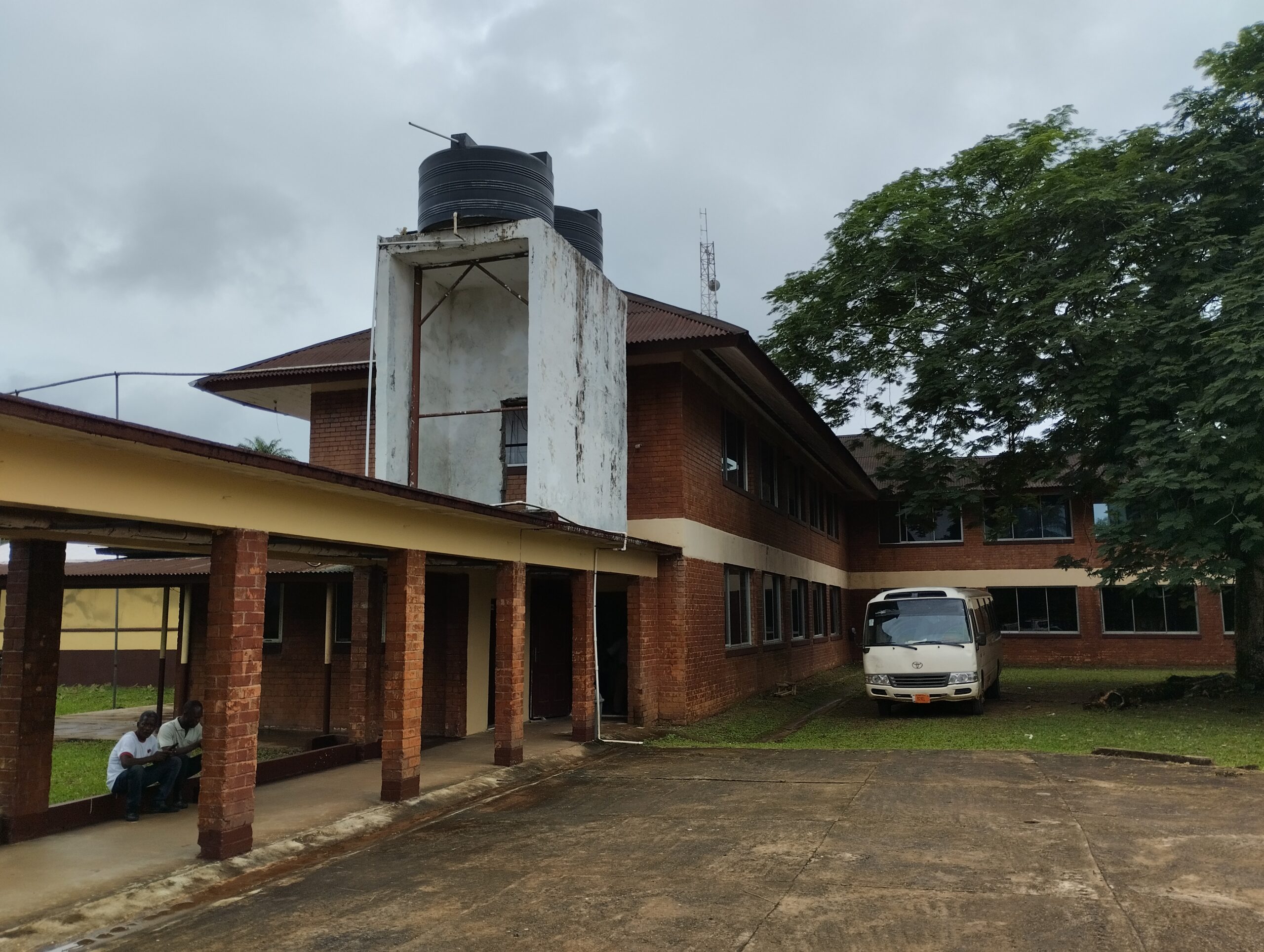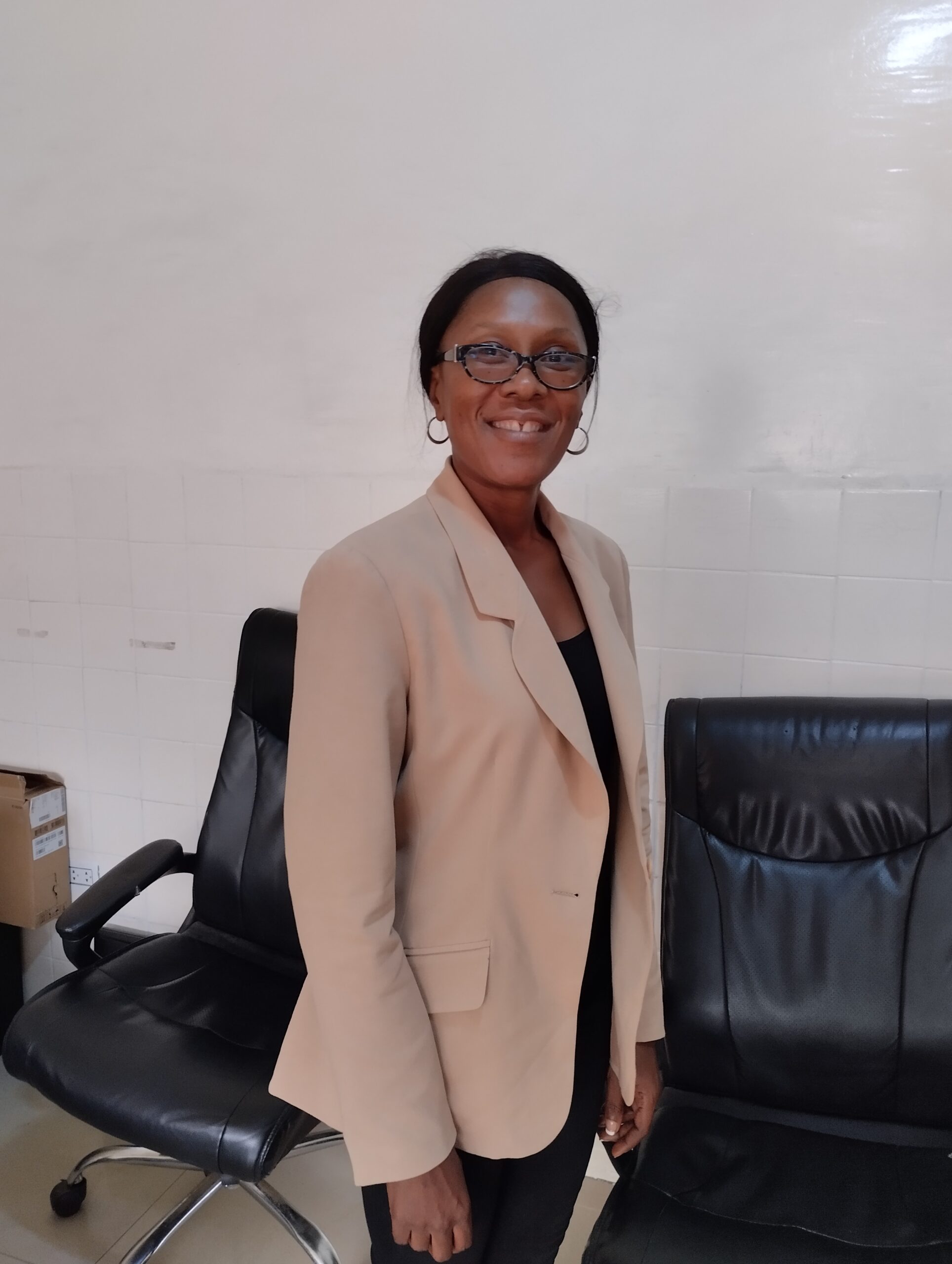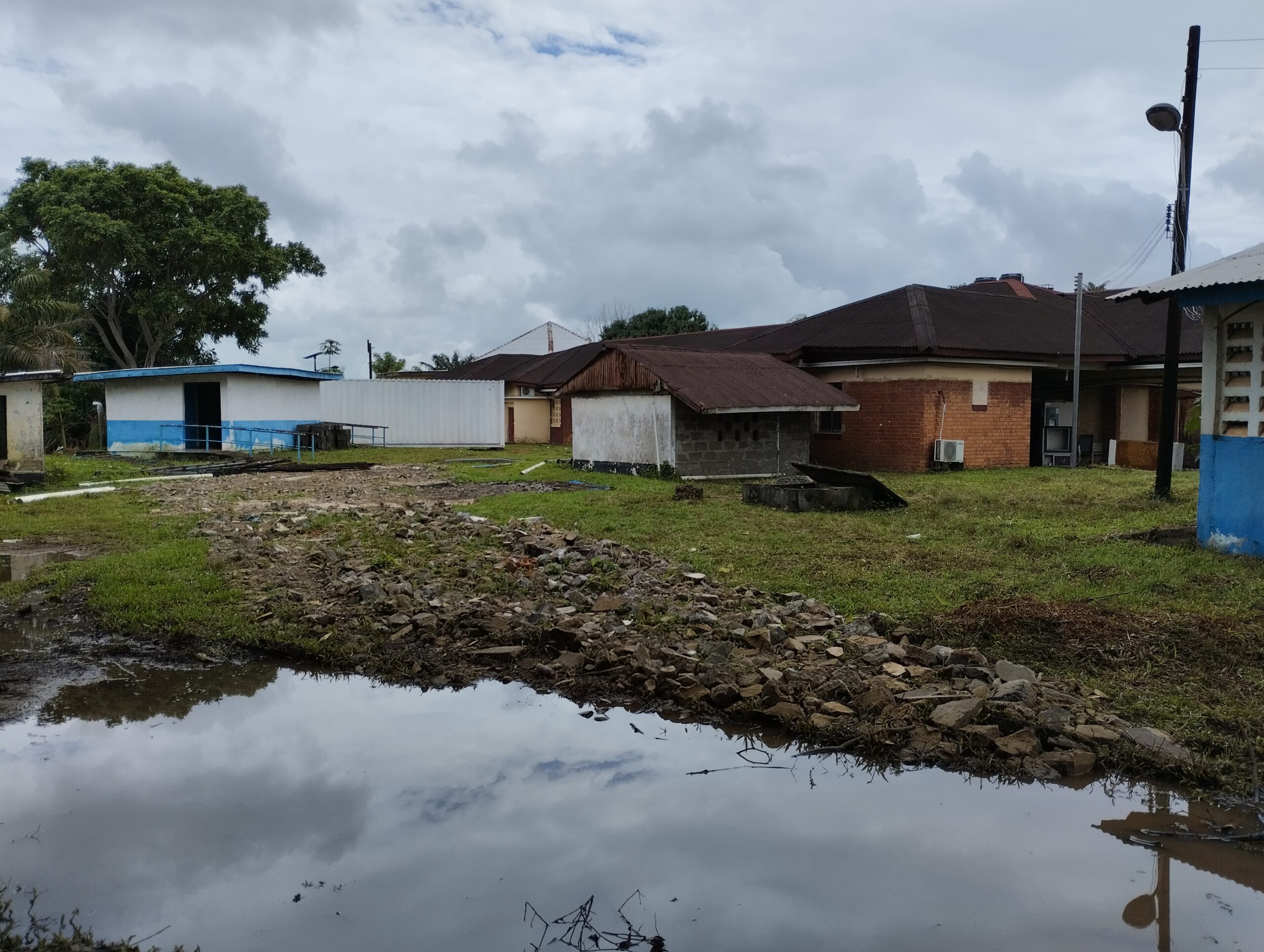Vera Yata Walker: researcher and head of the team of assistants at the National Public Health Institute of Liberia
“I’m always available, always trying to improve, always following up with my patients..., even when I’m exhausted. I’m passionate about what I do.”
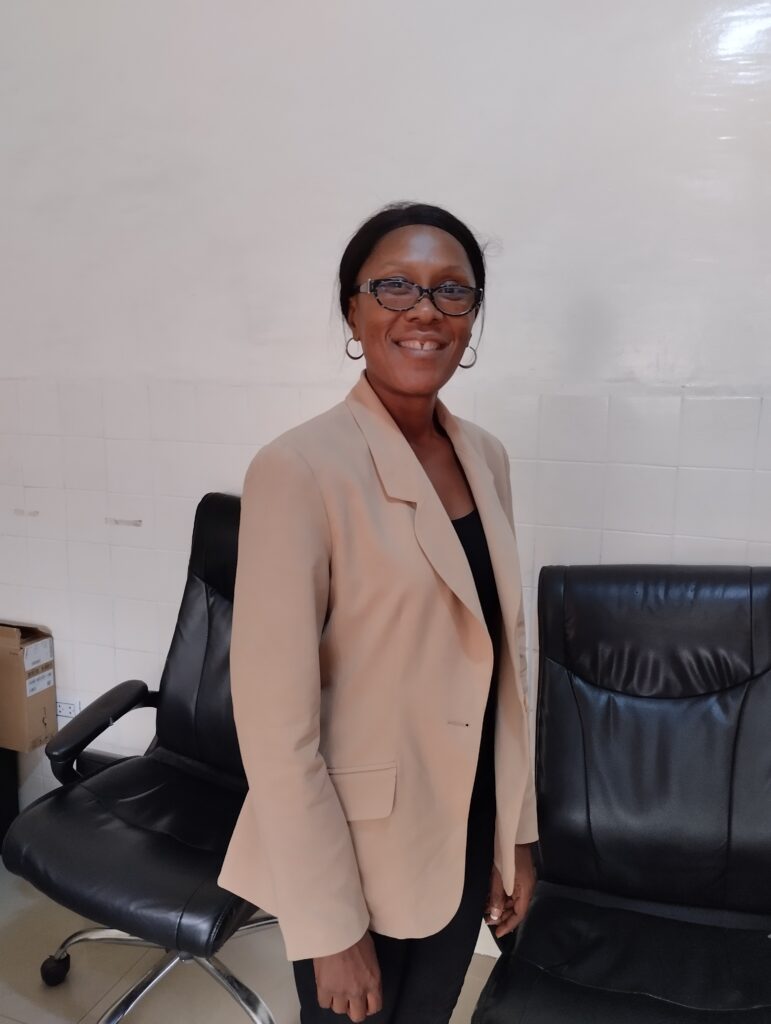
Introduction:
As well as doing research work and supervising the team of assistants, Vera is in charge of carrying out Buruli ulcer testing at Liberia’s main laboratory, where she has become a role model for the growing number of women entering the field of science. We talked to her about her life and professional experience


Anesvad Foundation:
Tell us about what your job involves, and what your main duties are?
Vera Yata Walker:
I’m a lab researcher here at the main national laboratory in Charlesville. We conduct public health testing using the Integrated Disease Surveillance and Response framework.
We’ve now decided to add Buruli ulcer testing to the many disease screenings we do here, so we’re focusing on this disease. I’m the person in charge of the lab and carrying out these tests.
Anesvad Foundation:
What’s the process for testing for Buruli ulcer from when the samples are taken to when they’re analysed?
Vera Yata Walker:
Well, we’ve got our Riders for Health. These are couriers on motorbikes that are fitted with a fridge to store the samples. So, when there’s a possible
Buruli ulcer sample at a health clinic, the clinic contacts Riders for Health and they go and get the sample and bring it to our laboratory for testing.
Anesvad Foundation:
So Buruli ulcer testing is a new procedure; what does that mean for those of you working in the lab?
Vera Yata Walker:
We’ve got so many things to do each day, so much on our plate, that we haven’t given Buruli ulcer the time and attention it needs. That’s why we’re asking for more staff and more training.
It’s very important for us to really know how to conduct these tests. In the coming weeks, a senior colleague from the Buruli ulcer network in Cameroon will visit and teach us how to solve the problems we have, and how to prepare reagents.
Anesvad Foundation:
In many laboratories around the world, men often hold positions of responsibility such as the one you hold; what’s your experience been like in this leadership role?
Vera Yata Walker:
That’s a very interesting question. Here, it’s a huge challenge for a woman to lead a team. You know, many times people tend to look down on you a bit and think, “Well, she’s a girl, surely she can’t really be our boss.” But I think that I’ve shown my worth over time and it’s thanks to my experience, to the amount of training I’ve done, effort, hard work… I’m always available, even when I’m exhausted.
I always follow up on my patients, you know, always improving, I’m passionate about what I do. I’m passionate about my work. So, because of that, my bosses always come to me – in particular because of what I did during the Ebola outbreak: when nobody wanted to work, I was there working.
Anesvad Foundation:
In your opinion, do you think that Liberia is progressing when it comes to women entering the field of science?
Vera Yata Walker:
Yes, things are getting better.
Nowadays, you don’t see just men working as lab technicians; women now do this job as well. When I studied for this career, there were only two women in my class. Today, there are more women studying to be lab technicians, so we’re getting close to that goal.


